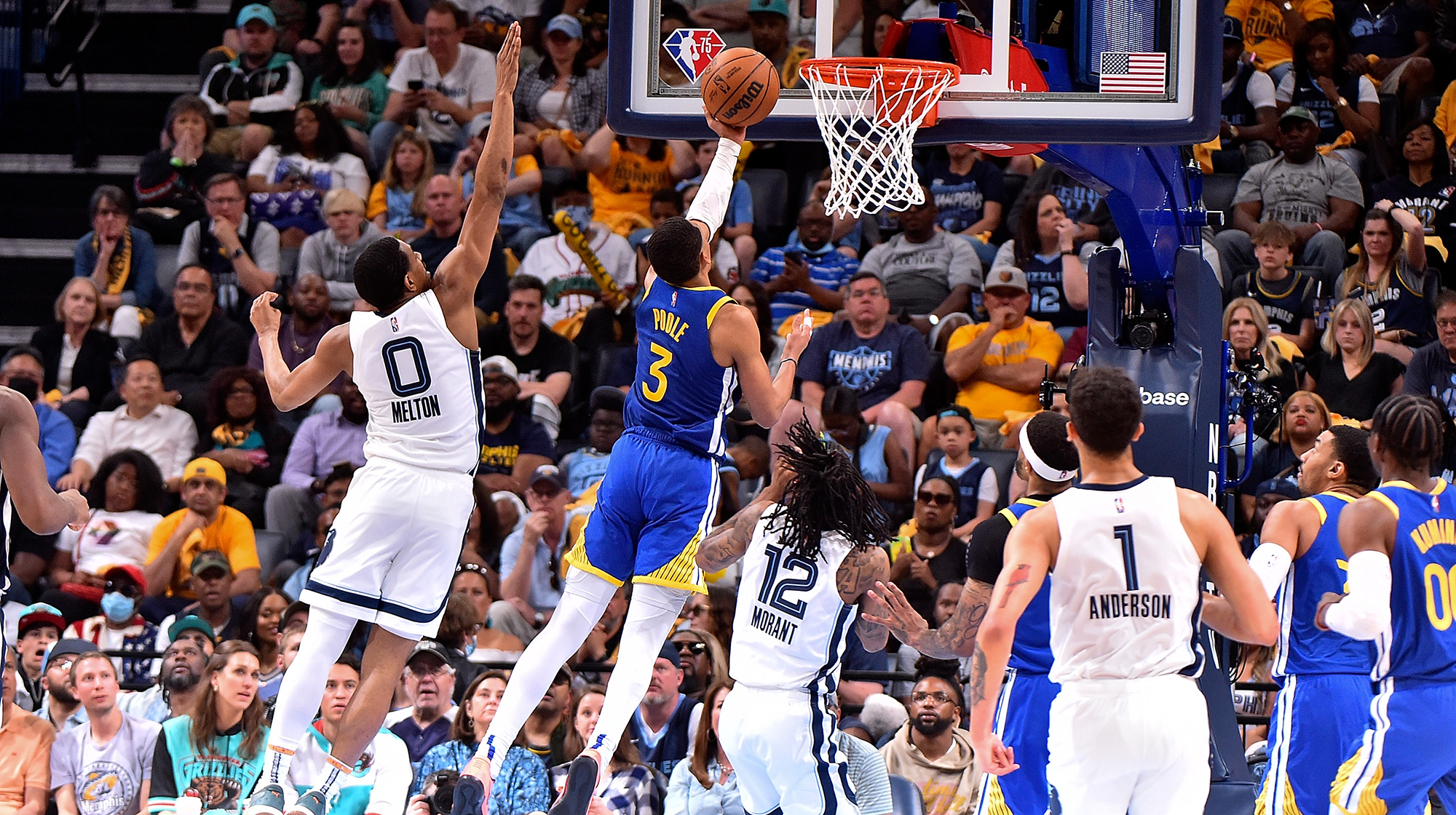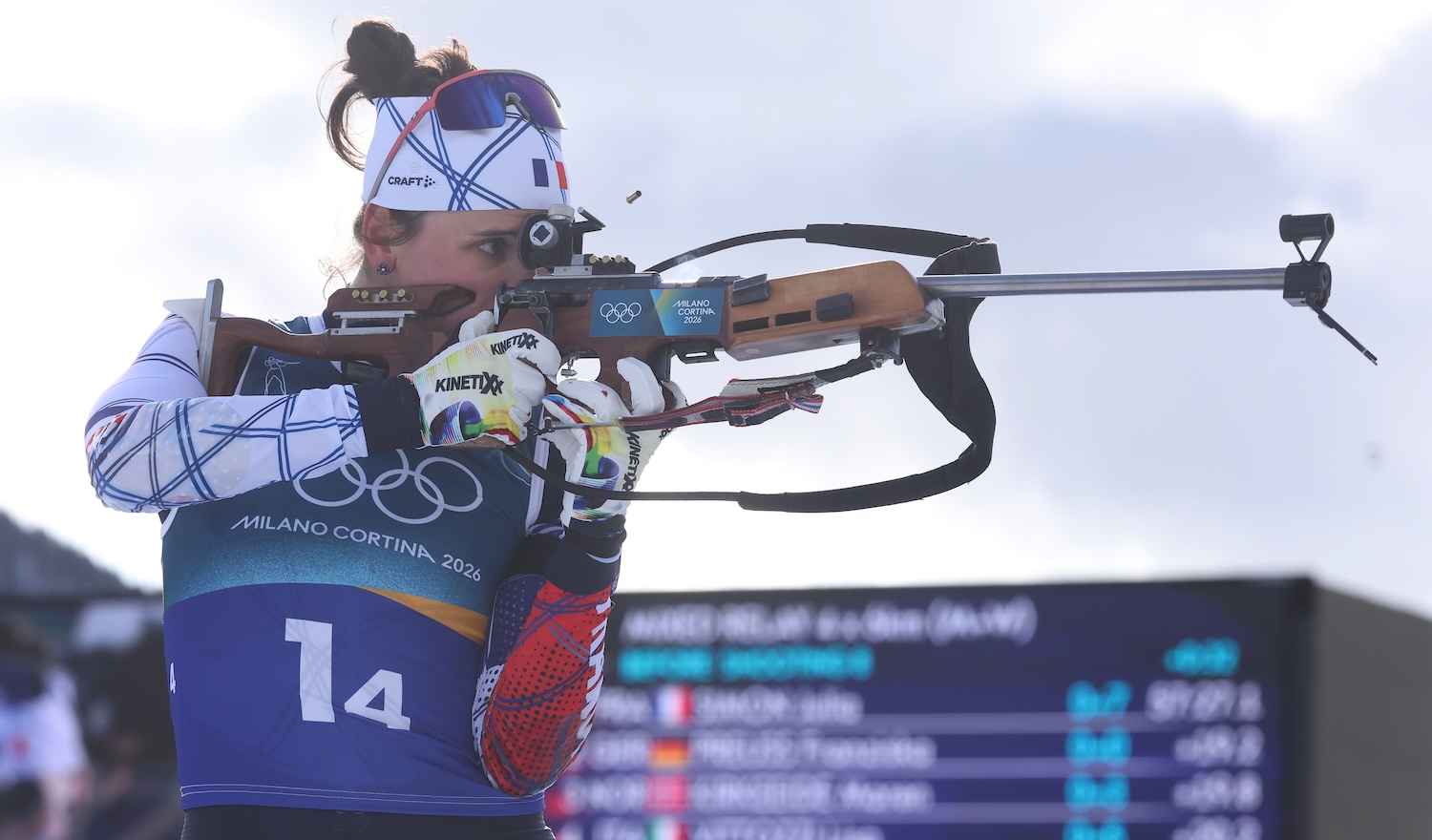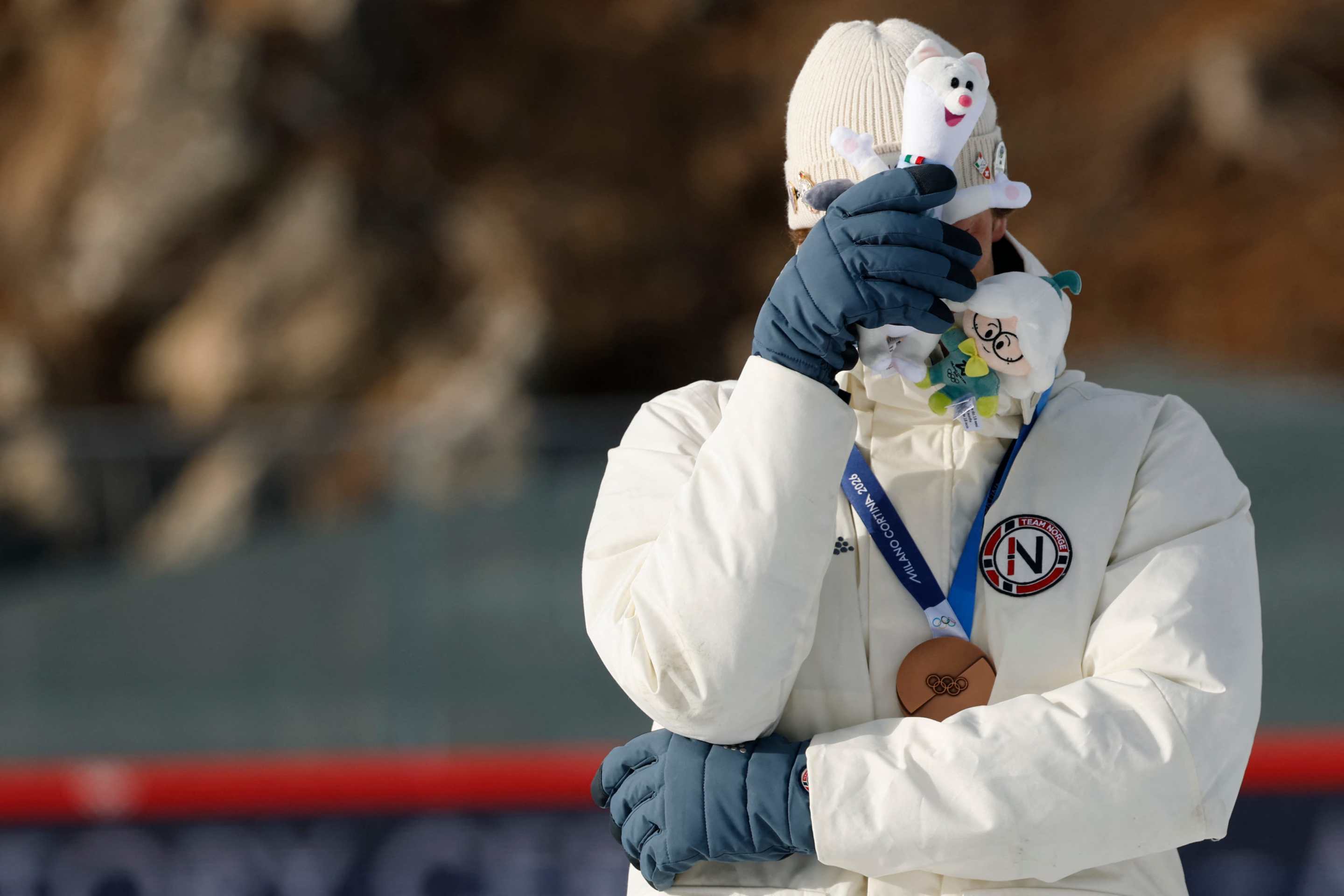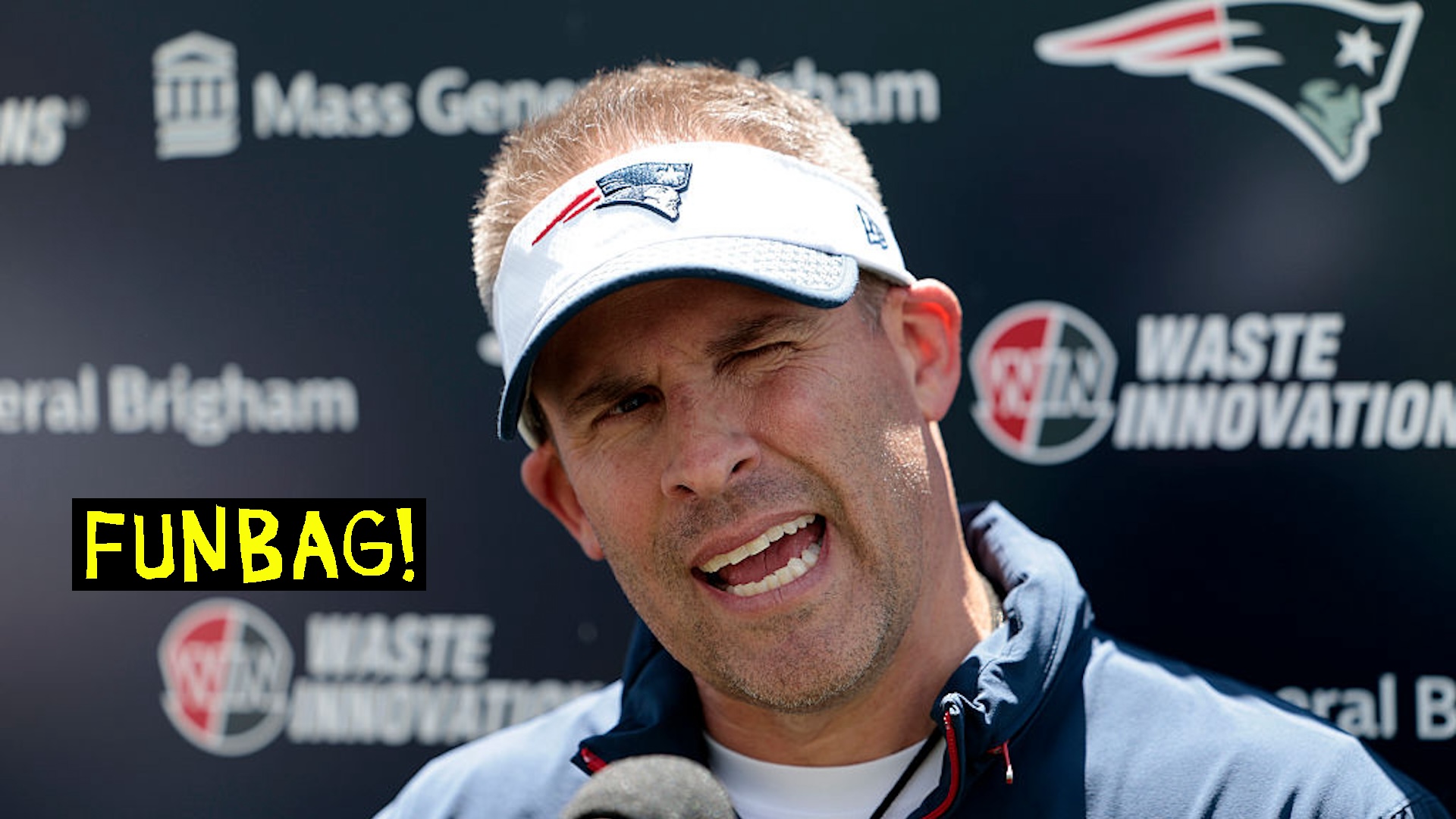The Warriors might be back, but that doesn't mean they feel familiar. Sure, Steph Curry and Klay Thompson flying around the backcourt is something we've seen many times before, as is Draymond Green doing something dumb and catching an ejection for his troubles. This version of the Warriors, though, feels new in one specific and dangerous way: They have Jordan Poole, and Jordan Poole is unfair.
In Golden State's 117-116 Game 1 victory over Memphis, Poole was the Warrior who most popped off the screen. Coming off the bench to log a game-high 38 minutes, the third-year star-in-the-making continued his playoff dominance with a barrage of makes that formed the platonic ideal of a modern NBA shooting chart: Every field goal he took on Sunday was either a three-pointer or close to the basket.
Jordan Poole's shot selection is a coach's dream pic.twitter.com/KPkBGmt8As
— Brady Klopfer (@BradyKlopferNBA) May 2, 2022
The stats back up the eye test. 31 points on 12-of-20 shooting (5-of-10 from three), and perhaps more impressively, a near triple double: eight rebounds and nine assists. The Warriors needed every single of those stats to beat a Memphis team that was riding high after dispatching the Timberwolves in six on Friday. Poole showed his shot-making juice, starting early in the second quarter with back-to-back threes as Memphis looked to be building up a head of steam on its home court. He even did his best Curry impression in the fourth, hitting a long three with two defenders flying at his face:
Jordan Poole from DEEP 👀 pic.twitter.com/fx6Ywkzs6R
— NBA TV (@NBATV) May 1, 2022
For the playoffs, Poole is now averaging 22.7 points in 33 minutes per game. He's showed marked improvement in every season so far, something he credits to his work with Warriors assistant coach Chris DeMarco, dating back to the pandemic break in 2020. His release has gotten faster, and his shot has improved as a result: He shot just 33 percent from the field his rookie year with a 28 percent three-point conversion rate, but this year, his first with a substantial amount of starts as Golden State nursed a variety of injuries, he hiked those numbers up to 44.8 and 36.4 percent, respectively. In the playoffs, those numbers have gone up to star levels: He's making 56 percent of shots, and 49 percent of his threes.
Perhaps more importantly for Golden State is Poole's timing. Though he hit those back-to-back threes in the first half, he was mostly quiet until after the break, where he exploded. His second half had 19 points, which were huge, but also six of his nine assists came in the back half. After Green received an early exit, Poole took over his rambunctious teammate's playmaking duties, constantly finding open cutters in Golden State's motion-heavy offense.
Poole isn't anyone's idea of a classic point guard, but he improved his assist rate this season from 15.4 percent to 21. He's been on another level in the playoffs so far: As CBS Sports' Colin Ward-Henniger pointed out, he had five games in the regular season with eight or more assists, but now has three of those games in six postseason appearances. For my money, none of his nine assists were more impressive than the give-and-go bullet pass to Andrew Wiggins late in the second quarter:
Jordan with a DIME 👀
— Golden State Warriors (@warriors) May 1, 2022
📺 #NBAonABC pic.twitter.com/cEMAzCo9xj
That type of pass seems easy, given how open Wiggins was, but Poole's ability to read the open space in a fraction of a second is something that usually takes years to build. Even when Green is around, giving Golden State yet another creator from the perimeter opens up defenses in a way that is hard to game-plan against. That Poole can punish teams both on his own with shots like the one above or assists like the one to Wiggins only gives the Warriors more firepower.
Poole isn't invincible, though. The Nuggets showed how to neutralize him late in their five-game loss last round: rough him up, force him into tough shots and tougher passes, and hope that you can still slow down his legendary teammates. That didn't work for a hobbled Denver, but it might work for Memphis. The Grizzlies aren't Grindhouse anymore, but they still have a handful of physical defenders to throw at Poole, and even with his explosion on Sunday, Memphis only lost by one.
If they can put the clamps on him, then Golden State becomes more familiar, and easier—not easy, but easier—to defend. If they can't, though, Poole has shown so far in his first real postseason that he's just as dangerous as his marquee teammates. It's a losing proposition to let him do exactly what he's been doing.






